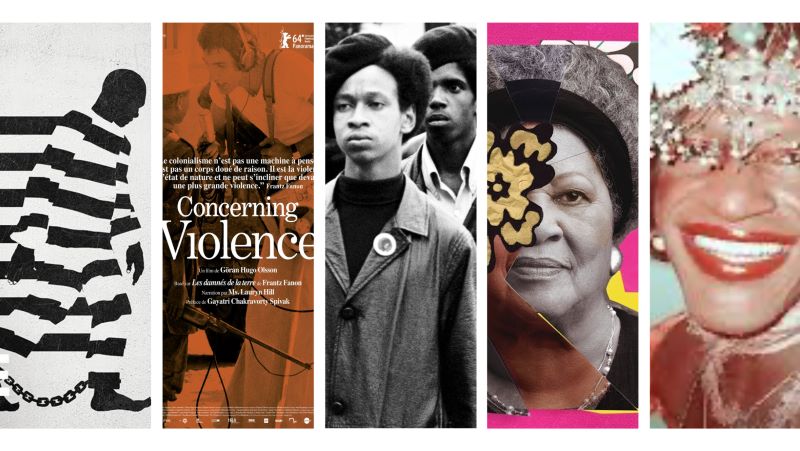With more than 13 billion Spotify plays and a startling 550% increase between 2017 and 2025, Afrobeats has established itself as a staple on playlists all over the world. Hearing Tems’ soulful cries drifting through Parisian cafés or Burna Boy’s baritone in a Brooklyn bar are no longer uncommon. But this goes beyond catchy beats or danceable rhythms; it is about culture, identity, and the reclamation of a global narrative.
Rooted in the percussive patterns of Fuji and highlife and layered with the edge of hip-hop and the groove of soca, Afrobeats is a genre that speaks many languages. It combines African pride and global aspirations in a way that is both traditional and progressive.
Artists like Teni have shown the emotional breadth of the genre. “Fargin,” her breakthrough single from 2017, was more than just a hit at the time. Addressing issues like sexual violence and homophobia, Teni offered both vulnerability and resistance. By singing in Yoruba, she pushed the world to pay closer attention rather than compromising her identity for international popularity.
Davido, born between Atlanta and Lagos, represents the bridge between continents. In addition to topping charts all over the world, his hit single “Fall” became one of the most well-known songs in Afrobeats’ ascent to mainstream pop culture. Playing at parties from Ivy League campuses to clubs in New York City cemented his status as a leading figure in the genre. This track and others helped further establish Afrobeats in the U.S. market and beyond.
Wizkid, often dubbed the starboy of Afrobeats, brought his signature sound into the mainstream with surgical precision. From Lagos to London’s O2 Arena, where he famously sold out three nights in a row, his music has become anthemic across generations. Tracks like “Essence” became cultural moments, echoing from luxury fashion runways to summer rooftop parties in Berlin. For many, Wizkid’s reign is as deeply spiritual as it is artistic.
Burna Boy, with his gravelly voice and pan-African vision, infused Afrobeats with a level of political consciousness (though he has since disclaimed himself as a political voice) that elevated the genre. His Grammy-winning album, Twice As Tall was a sonic masterpiece. Whether performing for tens of thousands in Paris or leading a chorus of voices at Madison Square Garden, Burna’s music has emboldened youths at home and abroad to refuse to be overlooked. His fusion of dancehall, reggae, and Afrofusion continues to challenge—and expand—the genre’s boundaries.
The soulful siren, Tems, represents a new chapter in the Afrobeats story. Her introspective lyrics and husky vocals carved a space for moody, vulnerable storytelling within a genre often celebrated for its vibrance. From “Free Mind” to her collaboration with Drake and being the first Nigerian female artist to win a Grammy, Tems has done more than make history. Her ascent, in particular, felt symbolic: a Nigerian woman, unfiltered and raw, soundtracking a Marvel blockbuster (Black Panther: Wakanda Forever) and collaborating with pop royalty. To the world, it was visibility, but to the custodians of this genre, it was validation.
However, Afrobeats’ smooth entry into international pop charts on its terms has arguably been its greatest flex. With its astronomical spread, collaborations with artists like Chris Brown, J. Cole, and Brandy were strategic but also inevitable. When Tiwa Savage and Brandy sang “Somebody’s son go find me one day,” it was a heartbreak anthem that sparked a cross-continental conversation about womanhood, resilience, and the shared complexities of Black love.
As the pandemic redefined borders and identity, music became a lifeline and Afrobeats surged. In isolation, people rediscovered culture. In silence, they craved rhythm. African music evolved into a blueprint and a balm, providing a means of connection during a period of separation.
With steady streaming hits, Kizz Daniel, BNXN, Rema, and Camidoh have maintained the momentum. Afrobeats may be changing how Africa is perceived and, more significantly, how it views itself, which goes beyond the statistics and honors. Afrobeats is saying, “Global co-signs are great, yes, but let’s talk about global ownership.”
For brands, platforms, and producers, the question of if they should tap into Afrobeats is already off the table. They’re now in discussions that point them to how to catch up. For diasporan youth, it’s the soundtrack of belonging to a place that can now be felt in whatever part of the world they find themselves.
Today, in the words of Burna Boy’s “Twice as Tall,” Afrobeats stands towering. And the world is still catching up to its rhythm.
Catch the latest concert dates and locations near you, and grab your tickets:
Wizkid is taking his smooth, syrupy sounds across the US and the UK from May 23rd to June 19th with his More Love, Less Ego tour. Expect to hear crowd favorites like “Essence,” “Ojuelegba,” and “Mood”. Get tickets here.
From London’s West Ham Stadium to stadiums across North America, Burna would be bringing fire to every stage he touches for his I Told Them Yours. You’ll get politically charged ballads, wild crowd energy, and showmanship that rivals legends. Get tickets here.
Tems is inviting the world into her dreamscape with the Born in the Wild tour. From right here in Philadelphia this 31st of May, to Toronto and Berlin, she’s creating space for softness, strength, and soul. Catch her performing tracks like “Free Mind,” “Me & U,” and her feature on “Wait for U” with raw, goosebump-worthy emotion. Get your tickets here.
If you’re in the mood for pure vibes, Kizz Daniel’s Afroclassic world tour is where you need to be from May 24th to June 1st. Known for his killer stage presence and back-to-back hits like “Buga,” “Cough,” and “Woju,” Kizz Daniel brings dance, energy, and joy in full supply and invites you from Baltimore to Texas, Atlanta, and LA. Get your tickets here.





